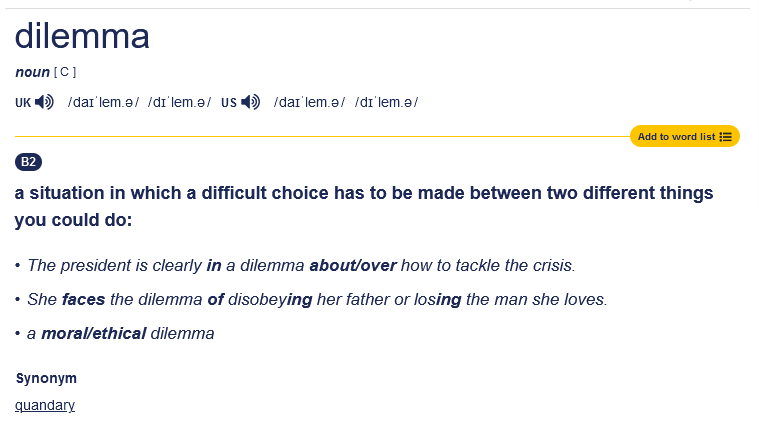flowchart LR A[Problem] --> B(Let's code & See what happens...) C[The Pitt] D(Optimal Solution) C --> B B --> C C --> A
Week 9: Albertus’ Dilemma
SCRUM Week 9
📘 Summary: SCRUM Week 9 - Albertus’ Dilemma
Albertus’ Dilemma explores the mental challenges faced by programmers throughout the workweek, symbolized by a diminishing canteen of creative energy.
The dilemma arises from the misconception that working harder will replenish this energy, leading to exhaustion and a productivity trap: the well.
To break free, programmers must strategically pause, reflect, and make informed decisions.
Embracing intermittent coding preserves mental energy, ensuring a successful journey from code to relaxation.
Albertus’ Dilemma serves as a guiding philosophy for maintaining balance, resulting in a clear-minded, stress-free programmer celebrating a job well done by week’s end.
Keywords: Week 9 - Albertus’ Dilemma
Albertus’ Dilemma, Mental Challenges, Creative-Mind-Brain Energy, Productivity Trap, Strategic Pause, Informed Decisions, Intermittent Coding, Balance, Clear-minded, Stress-free, Coding Desert, Journey, Programmer’s Oasis, Reflection, Decision-making, Desert Wisdom, Coding Legacy
1 What is a dilemma?
2 Albertus’ Dilemma: The Comic
3 Overview
4 Introduction
As a future developer I want to relate the struggles and reflect the mentality that you, my fellow reader and potential developer, should avoid.
My purpose is to stablish some patterns of productive thinking to help you to get out from the Valley of Despair a.k.a. (and from now on) The Pitt that most likely you would fall into. Trust me, I’ve been there…Actually I AM constantly there, that’s why I want to reflect that in this kind of journal.
That’s the tricky part, I don’t know how as of today (01/19/2023). But hopefully I will. First of all you need to understand the concept of iteration, my friend. With that in mind, we just need to start.
5 Albertus’ Dilemma… What are we talking about?
You surely noticed the flowchart above. It’s such a common pattern for us who just started programming. Have you ever feel identified with it?
As you keep progressing in your coding lessons, problems are going to be slightly more difficult and complex every time. Until you reach to a point when you can’t completely see the solution in your mind.
You’ll probably see straight how to get from A to B, but from B to C you see it blurry… Well, then you just have to get to B so you can see more clear how to get to C better, right?
Yes, I always trick to myself like that…
It is that moment when you either need to stop, take two steps back and think what led you into this or keep hitting the wall (and the keyboard with your pointless code).
I’m going to try to develop that idea on some exercises based on this lab:
So I have this requirement:
- Make a program that can manage information about movies such as:
- Movie name.
- Its director (e.g. so I can plan a themed marathon with my friends.)
- Director’s prestige: I want to know how many Oscars has the director won through his career.
- It also needs to include its critics made by the best professionals and to know how well or poorly rated it is.
User Story #1 - The easiest and certain way to hit the wall.
Let’s just start coding:
public Class MovieManager {
public static void main(String[])
}
flowchart LR A[Problema] --> B[Decision] B --> C(Code & See) B --> D(Piensa) D --> E[Sabes lo que haces?] C --> G[El Pozo] D --> F[Te enamoraste de tu primera idea?] G --> A








